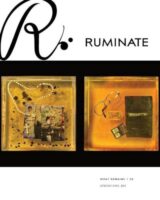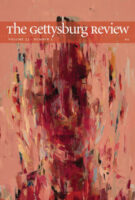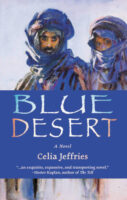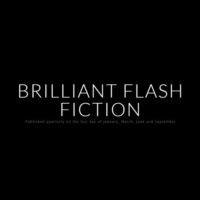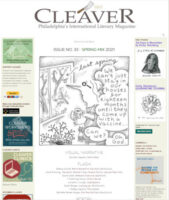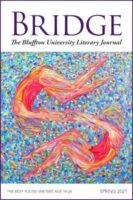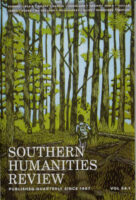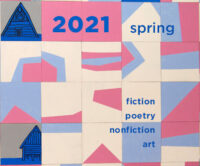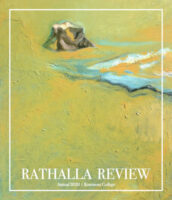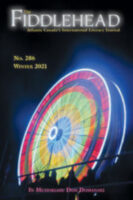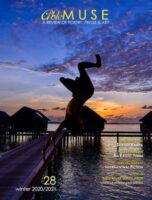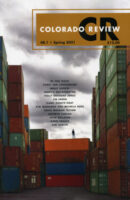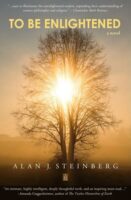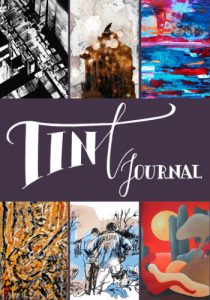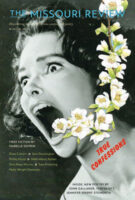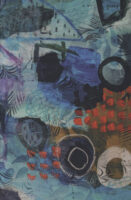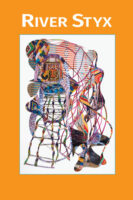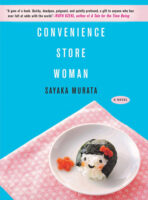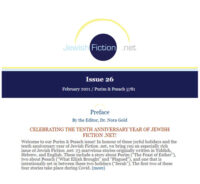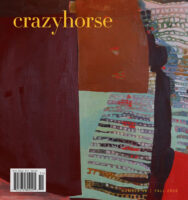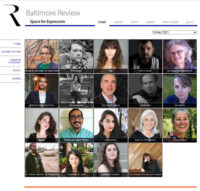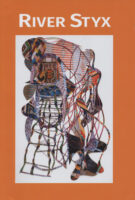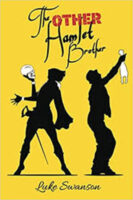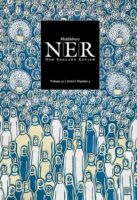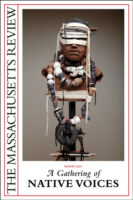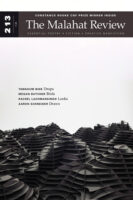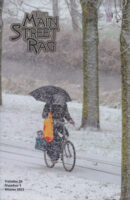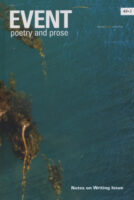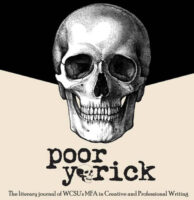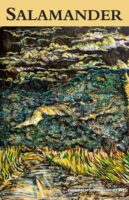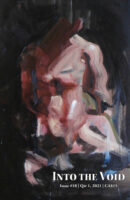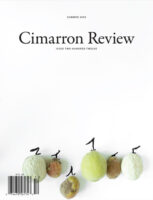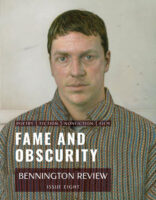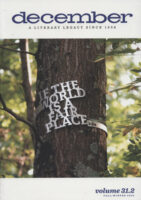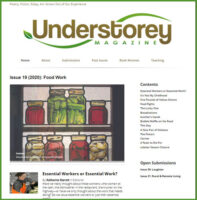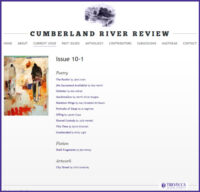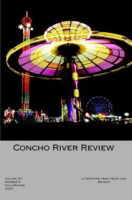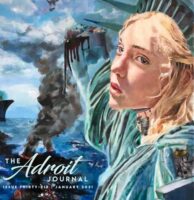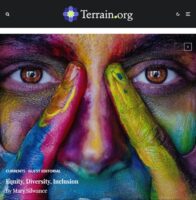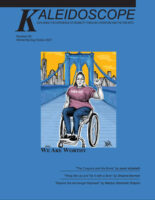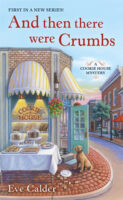 Guest Post by Michael Rhames.
Guest Post by Michael Rhames.
Back when I was a teenager and the internet wasn’t a thing, one of my favorite activities was to sit or lay down with a book. Anything by Agatha Christie I could get my hands on ended up being a favorite. This one may just be a close second, as far as cozy mysteries go.
While Eve Calder’s style is her own, the resemblance to Christie’s is undeniable, and doesn’t stop with the title. Kate McGuire even has her own modern-day Hastings to help her solve the mystery presented in this little masterpiece of the genre.
After losing her job, her fiancé, and her apartment all in the same day, Kate decides to move south from New York to beautiful Coral Cay, Florida. There, she arrives at The Cookie House where owner Sam Hepplewhite won’t sell cookies, of all things. Being a pastry chef, but still needing a job, Kate takes the front clerk post offered to her instead. All the while, she’s been seeing someone following her around.
Then she meets Stuart Lord, a millionaire who wants to turn the island into an exclusive vacation destination for the rich. He is trying to bully Sam into selling the business, but Sam won’t budge. From there, everything goes downhill. There is a death, and Sam goes to jail as the main suspect.
Kate enlists new friends to help uncover the true killer’s identity. Their discovery is unpredictable, just the way it should be. But that is why it’s called a mystery!
I have absolutely no complaints about this book, which is rare for cozies lately. If you like cozies and a fair amount of food talk, this may just be your thing.
And Then There Were Crumbs by Eve Calder. St. Martin’s Press, July 2019.
Reviewer bio: Michael Rhames. Birth Date: 6/8/1971. Birth Place: San Juan, PR. Living In: Boston, MA.
Buy this book from our affiliate Bookshop.org.
